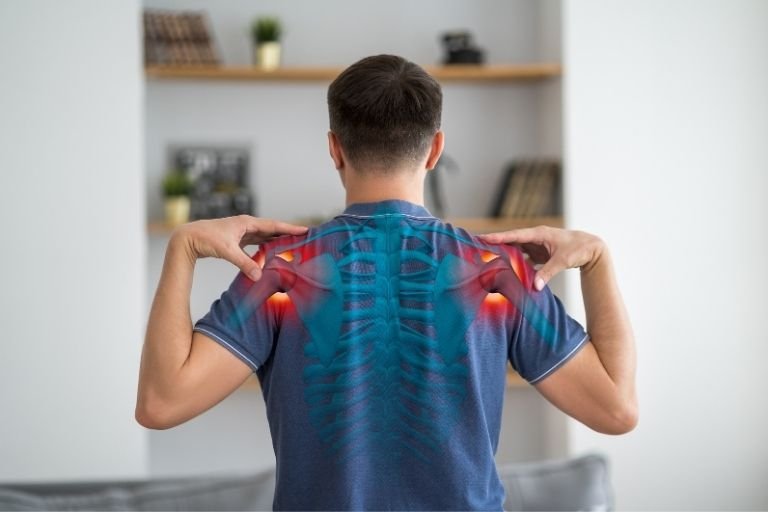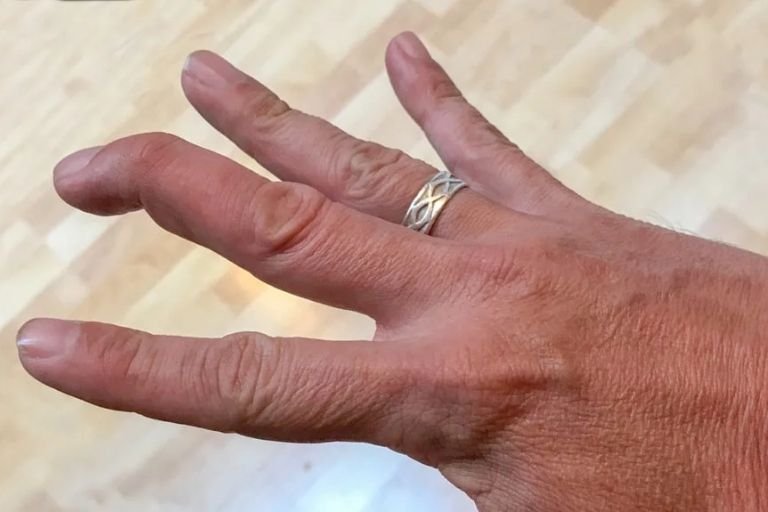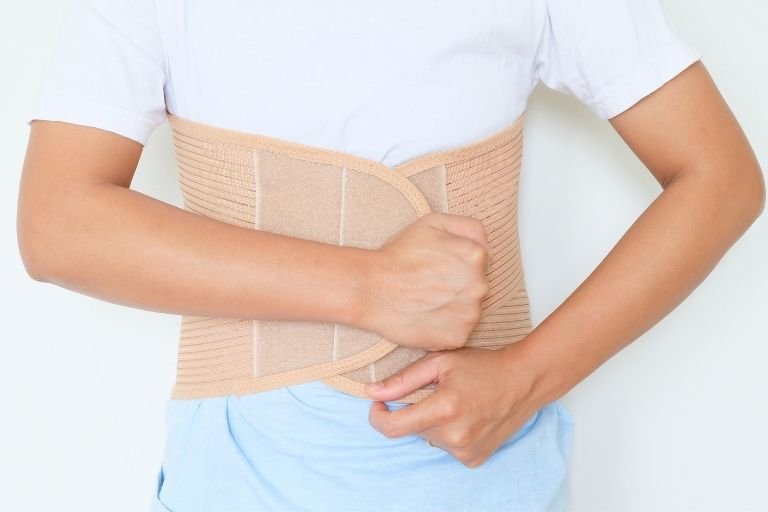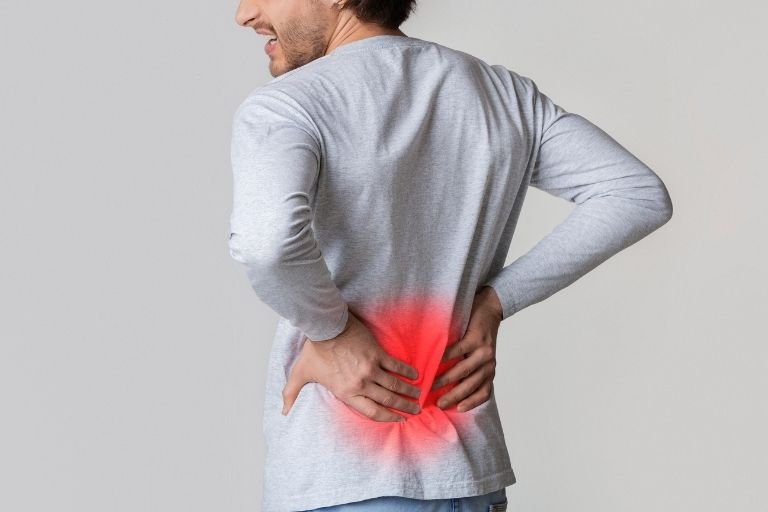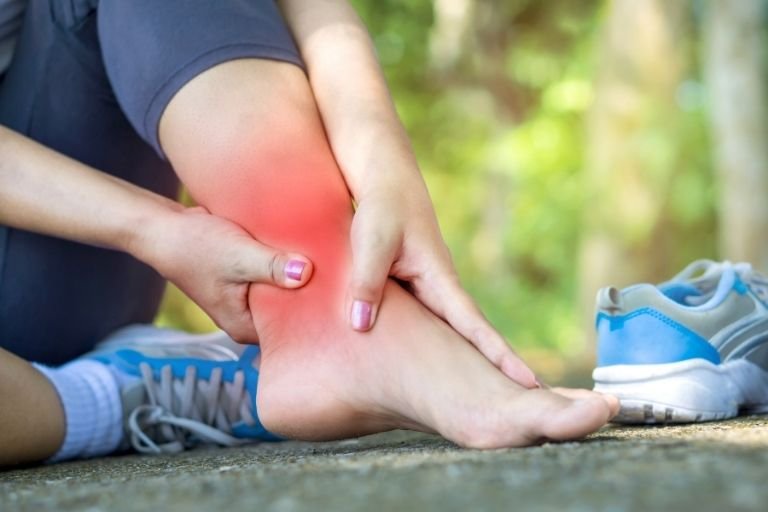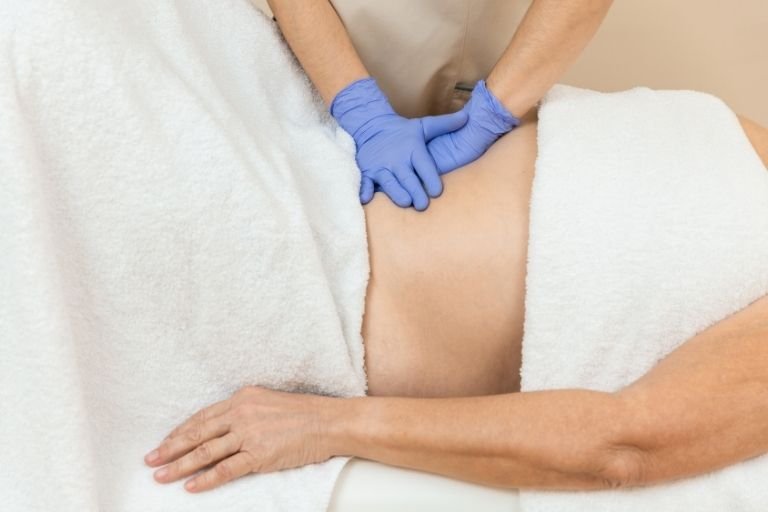- Fitwell Physiotherapy
Biceps Tendonitis

Biceps tendonitis, also known as bicipital tendonitis, is a common condition characterized by inflammation or irritation of the tendons that connect the biceps muscle to the shoulder joint. This condition typically causes pain and discomfort in the front of the shoulder and upper arm. Understanding its symptoms, causes, and treatment options is crucial for effective management.
Please submit your details below.
Symptoms:
- Pain: Persistent pain in the front of the shoulder that may radiate down the arm.
- Tenderness: Tenderness or sensitivity to touch at the front of the shoulder.
- Swelling: Swelling or inflammation around the affected area.
- Weakness: Weakness in the arm, particularly when lifting or rotating the shoulder.
- Limited range of motion: Difficulty in fully extending or rotating the shoulder due to pain.
Causes:
Biceps tendonitis can develop due to various factors, including:
- Overuse: Repetitive overhead activities or excessive lifting can strain the biceps tendon, leading to inflammation.
- Sports injuries: Athletes involved in sports such as swimming, baseball, tennis, or weightlifting are at a higher risk due to repetitive arm movements.
- Age-related changes: Tendons naturally weaken and become more prone to injury with age.
- Shoulder impingement: Impingement of the biceps tendon between other structures in the shoulder joint can contribute to inflammation.
- Poor posture: Incorrect posture or biomechanics during activities can increase stress on the biceps tendon.
When to See a Physiotherapist:
It’s advisable to consult a physiotherapist if you experience persistent shoulder pain or if symptoms interfere with daily activities. Seek medical attention if you notice swelling, significant weakness, or if the pain worsens despite rest and home remedies.
Risks:
Untreated biceps tendonitis can lead to complications such as:
- Tendon tears: Chronic inflammation can weaken the tendon, increasing the risk of partial or complete tears.
- Frozen shoulder: Prolonged inflammation may contribute to adhesive capsulitis, causing stiffness and restricted movement in the shoulder joint.
- Chronic pain: Persistent inflammation can result in chronic shoulder pain and discomfort.
Prevention:
To reduce the risk of biceps tendonitis, consider the following preventive measures:
- Proper warm-up: Always warm up before engaging in physical activities to prepare the muscles and tendons.
- Gradual progression: Gradually increase the intensity and duration of exercise to avoid overloading the biceps tendon.
- Correct technique: Maintain proper technique and form during sports or weightlifting to minimize strain on the shoulder.
- Cross-training: Incorporate a variety of exercises to prevent overuse of specific muscle groups.
- Posture awareness: Maintain good posture to reduce stress on the shoulder joint and surrounding structures.
Treatments:
Treatment for biceps tendonitis typically involves a combination of rest, physical therapy, and medication.
- Rest: Avoid activities that exacerbate symptoms and allow the tendon to heal.
- Physical therapy: A physiotherapist can prescribe exercises to strengthen the muscles around the shoulder joint and improve flexibility.
- Medication: Nonsteroidal anti-inflammatory drugs (NSAIDs) may help alleviate pain and reduce inflammation.
- Ice therapy: Applying ice packs to the affected area can help reduce swelling and relieve pain.
- Corticosteroid injections: In some cases, corticosteroid injections may be recommended to reduce inflammation and pain.
- Surgery: Surgery may be considered for severe cases or if conservative treatments fail to provide relief. Surgical options include tendon repair or decompression procedures.
In conclusion, biceps tendonitis can significantly impact shoulder function and quality of life if left untreated. Early diagnosis and appropriate management are essential for alleviating symptoms, preventing complications, and promoting recovery. If you suspect you have biceps tendonitis, consult a healthcare professional for an accurate diagnosis and personalized treatment plan.
Frequently Asked Questions
Related Conditions
How Fitwell Physiotherapy Can Help?
Dr. Richa’s Fitwell physiotherapy has an extensive team of physiotherapists all within their own specialist areas of physiotherapy. Whatever your condition, we guarantee that we will have the best physiotherapist for you. We assess, diagnose, plan, cure and care for you.
Fitwell Physiotherapy Clinic, Pune provides you best physiotherapy treatment in Kharadi, pune. We also serve Chandan Nagar, Vadgaon Sheri, Keshav Nagar, Wagholi & nearby Areas in Pune. We are experts in treating Neck Pain, Hand Pain, Back Pain, Lower Back Pain, Knee Pain, Stiff Neck, Sciatica, Arthritis, Stroke Paralysis & Post Surgical Rehab.
We provide Specialized physiotherapy treatments in Sports Injuries, Pre and post Surgery, Neurologic, Pediatric, Chronic Pain/Fatigue, Rheumatology, Women’s Health, Men’s Health, Ergonomics, Vestibular, Amputees & all sort of Pain treatment and lifestyle conditions.






















